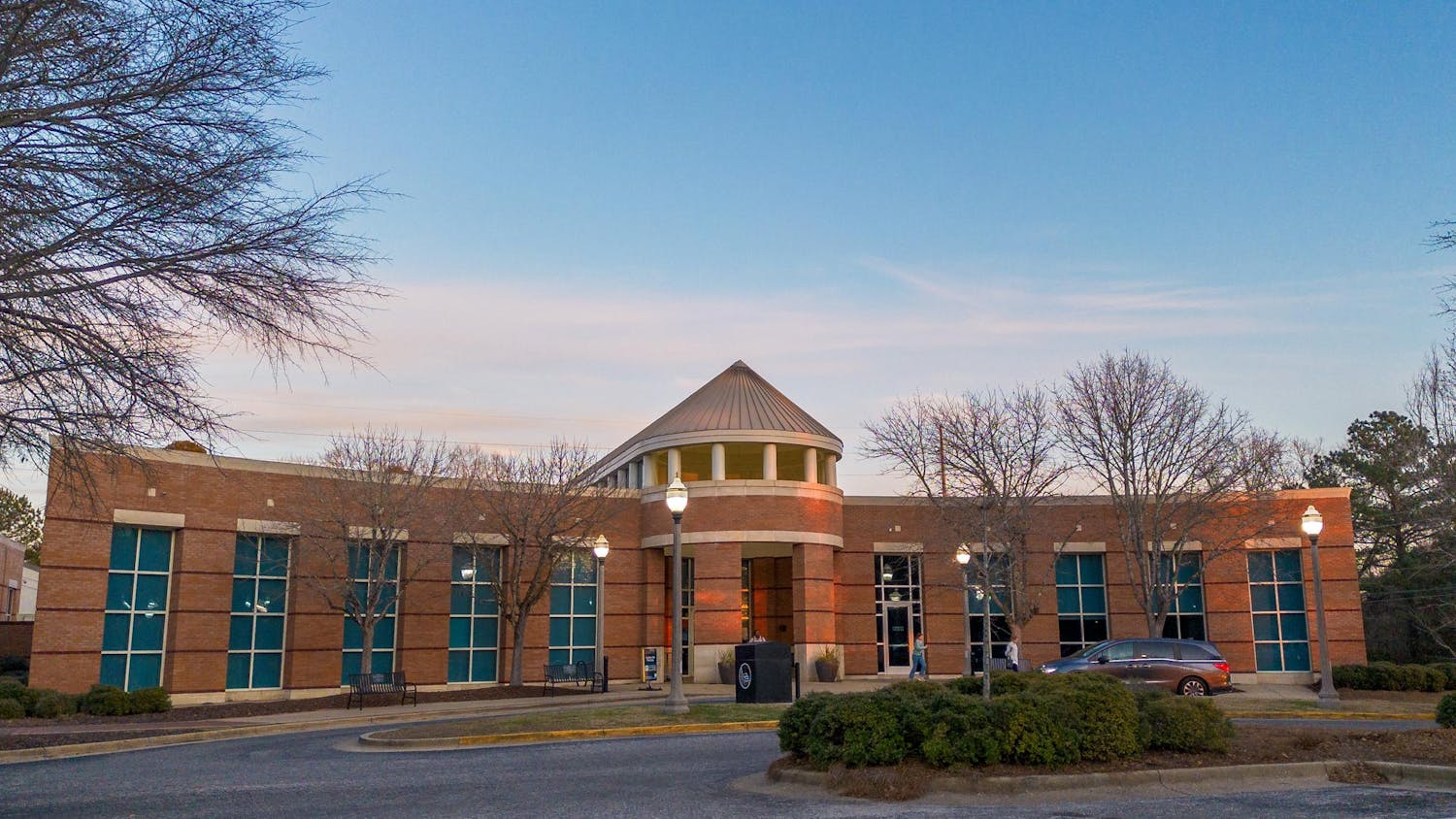Results from a recent survey show 51 percent of college students are in favor of speech codes being implemented on their campus, which would restrict the speech of faculty and students, according to the Wall Street Journal.
The same study showed 63 percent of students are in support of their professors being required to give trigger warnings, or a statement warning students particular material or content could be distressing.
This would give them a chance to opt out rather than be put in an uncomfortable situation.
The Wall Street Journal said the survey, which was commissioned by The William F. Buckley Jr. Program at Yale, gathered the opinions of approximately 800 college students from various campuses across the nation.
Apryl Alexander, assistant clincal professor of psychology who specializes in areas of violence and victimization, said she finds the statistics surprising but encouraging.
“It is surprising that students are being more mindful of it, but I like it,” Alexander said. “It would be healthy to have a dialogue about what things students are experiencing to get to that 51 and 63 percent, and how are students going about handling that. Will we be able to touch everything and make every student feel as comfortable as possible? Maybe not, but we really need to find a way to interact with our students that’s comfortable and creates an environment for students to be open and honest about how they are feeling.”
William Buskist, alumnus professor and distinguished professor in the teaching of psychology, has written about effective college and university teaching.
Buskist said today the tendency of students to turn a blind eye to beliefs that challenge their preconceived notions of the world is dangerous.
“I think a major problem we have to worry about today with a lot of students is they don’t come to college to learn new things,” Buskist said. “They come to college to confirm what they already believe or think they know. And that’s the real danger. That’s real ignorance, not being willing to be curious and ask questions and to find different ways to answer those questions.”
This sentiment echoes a statement President Barack Obama made at an appearance in Iowa concerning the recent trend on college campuses of speakers being uninvited because students label them as offensive.
“Anybody who comes to speak to you and you disagree with, you should have an argument with them,” Obama said. “But you shouldn’t silence them by saying, ‘You can’t come because I’m too sensitive to hear what you have to say.’ That’s not the way we learn either.”
Buskist said growing up with the idea no one should feel bad or offended has bred a generation of young people who have trouble adjusting to a harsher reality.
“I think a lot of this stuff has come up out of the Me generation,” Buskist said. “It’s like kids’ sports. You know, everybody gets a trophy … We don’t want anyone to feel offended, and that’s just not the way life is. Those kids who have been coddled like that and protected by their parents and by culture have some rude awakenings … it makes it more difficult to adjust to the real world.”
However, Alexander said she believes the trend toward mindfulness that manifests in students favoring trigger warnings could become part of the real world as students enter the workforce.
“Is your workplace going to be sensitive to trauma based needs?” Alexander said. “No, but what I think is that … maybe my students will go to careers and be more mindful … in their own workplace. Maybe that will improve things.”
Alexander said professors at Auburn are getting in on the widespread discussion of the place of trigger warnings and speech codes on college campuses.
“I know professors are talking about it,” Alexander said. “They are trying to figure out how do we approach this. Does it need to be mandatory? Is it something to write in our syllabi?”
Do you like this story? The Plainsman doesn't accept money from tuition or student fees, and we don't charge a subscription fee. But you can donate to support The Plainsman.




